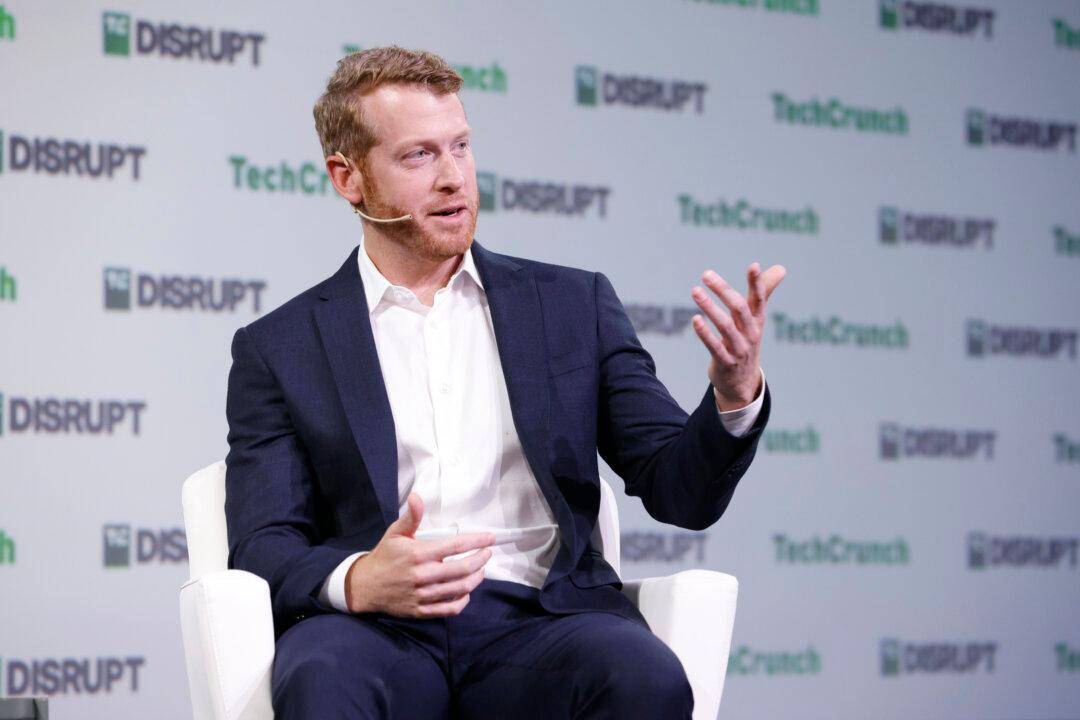Kyle Vogt, the founder of General Motors’ self-driving car unit Cruise, has resigned less than a month after the company paused driverless operations nationwide.
Mr. Vogt departed the San Francisco-based company on Nov. 20, according to a statement he posted on X, formerly known as Twitter.




